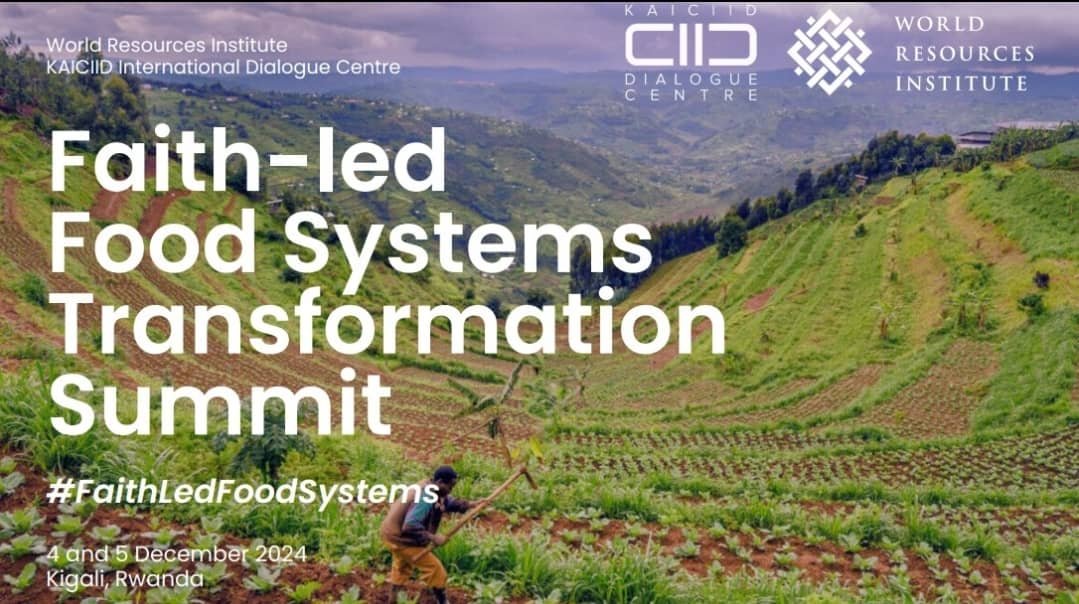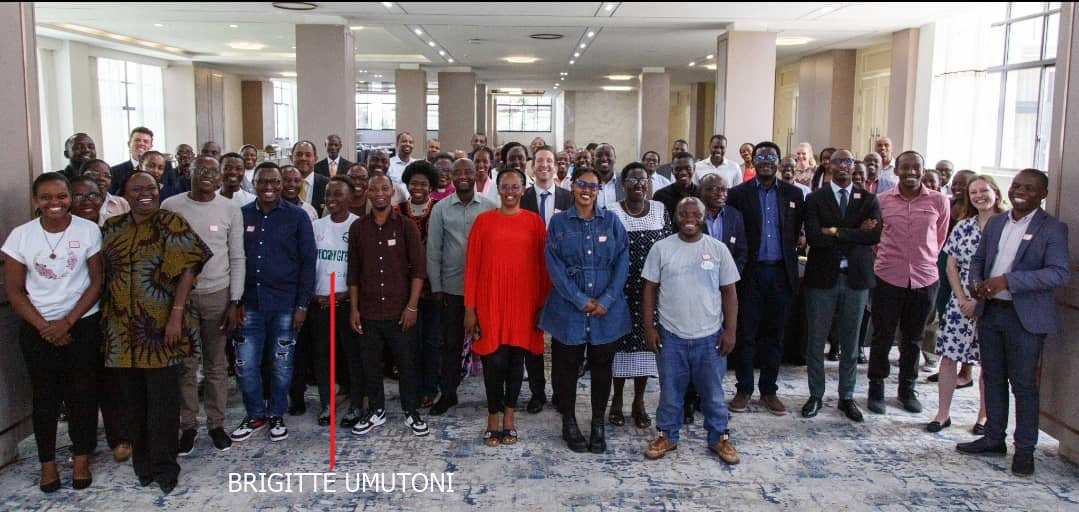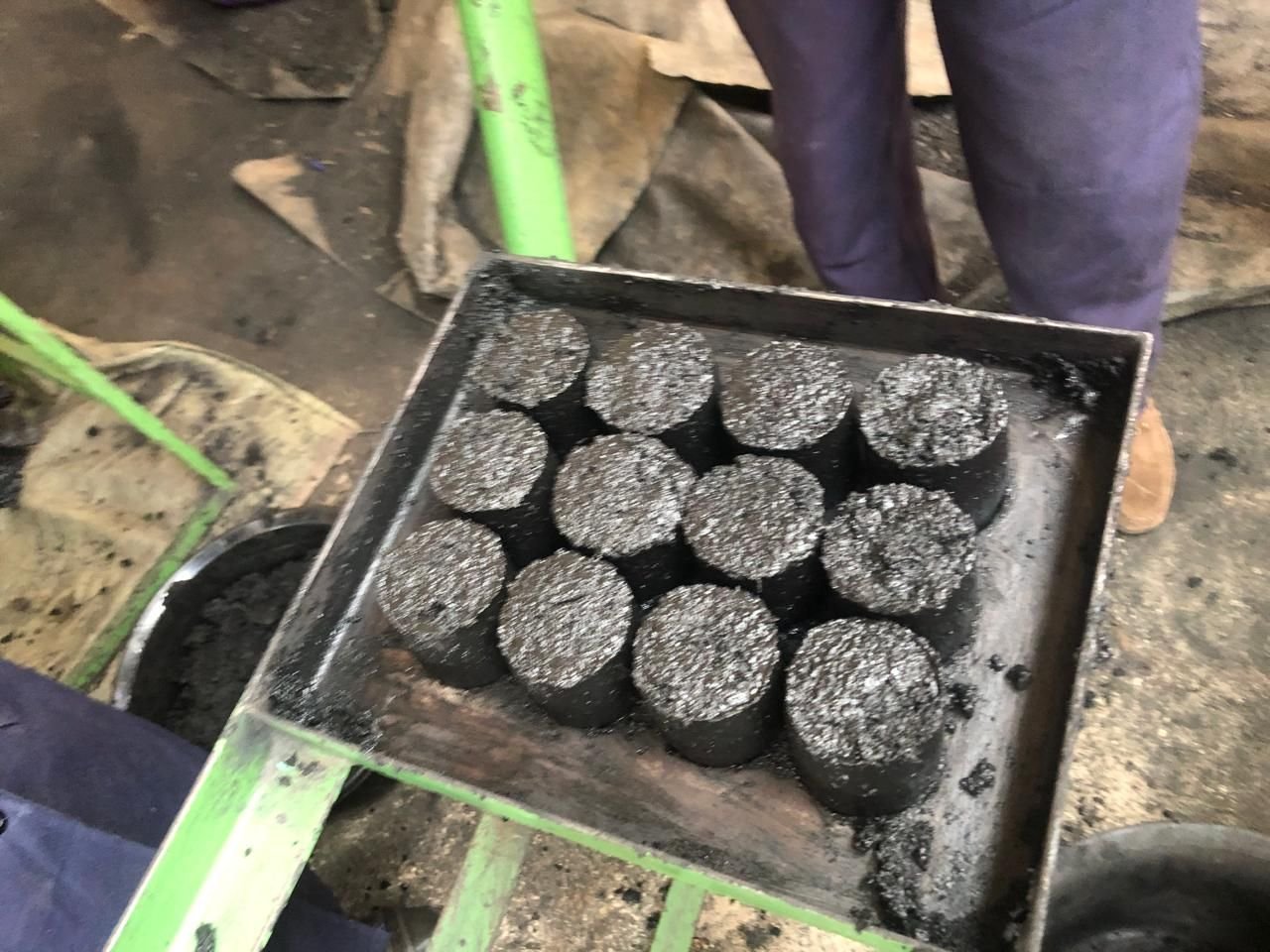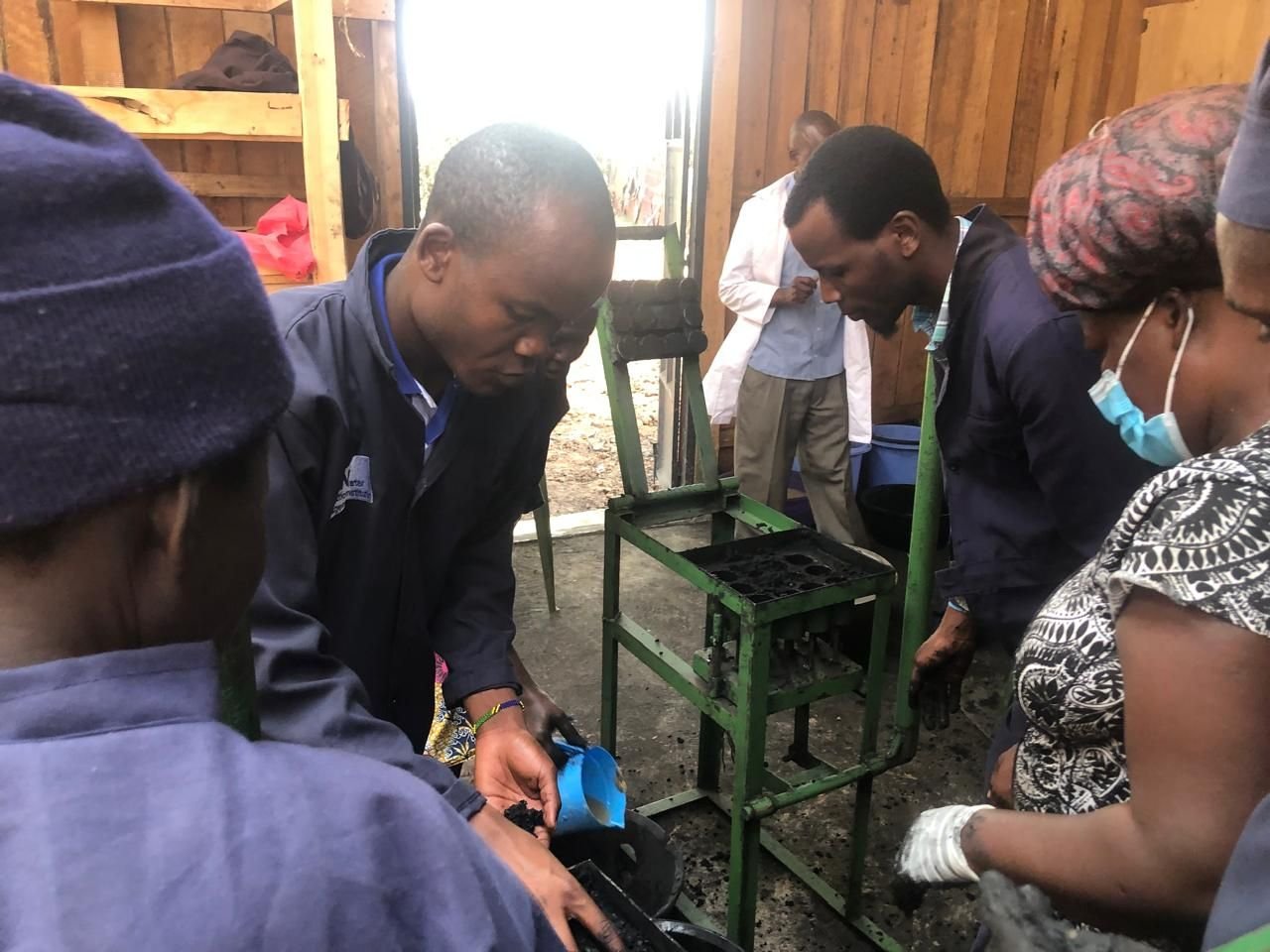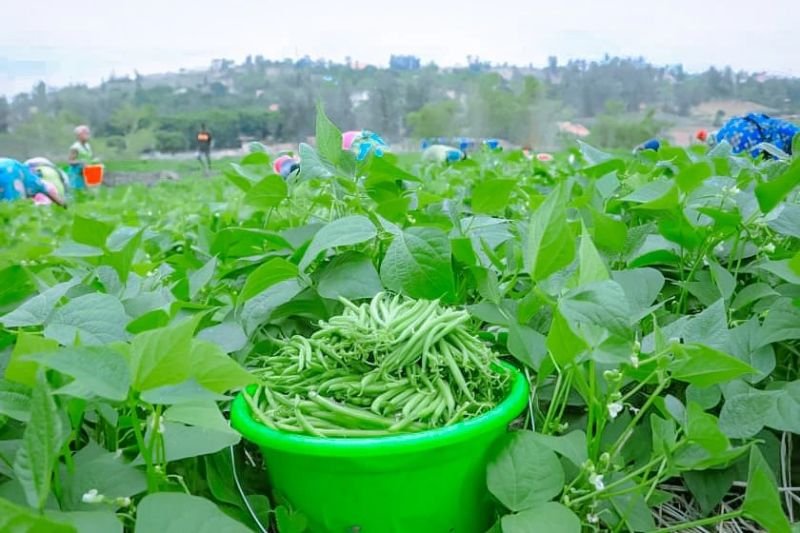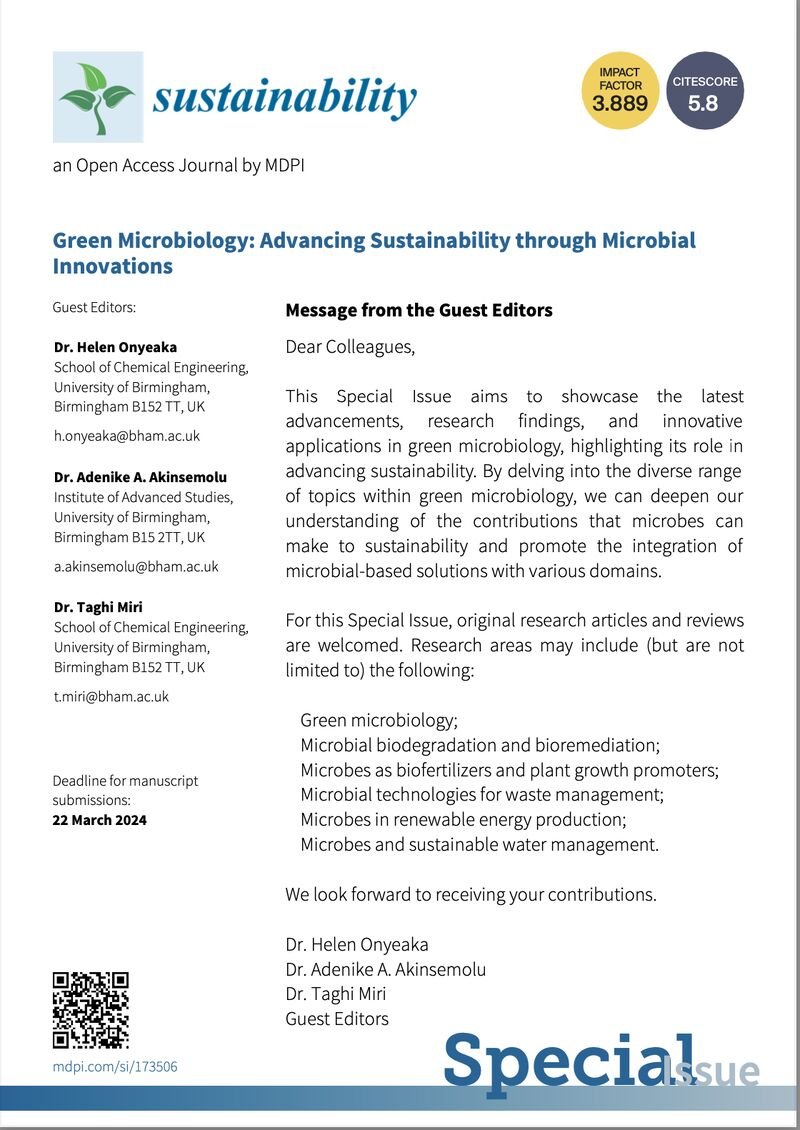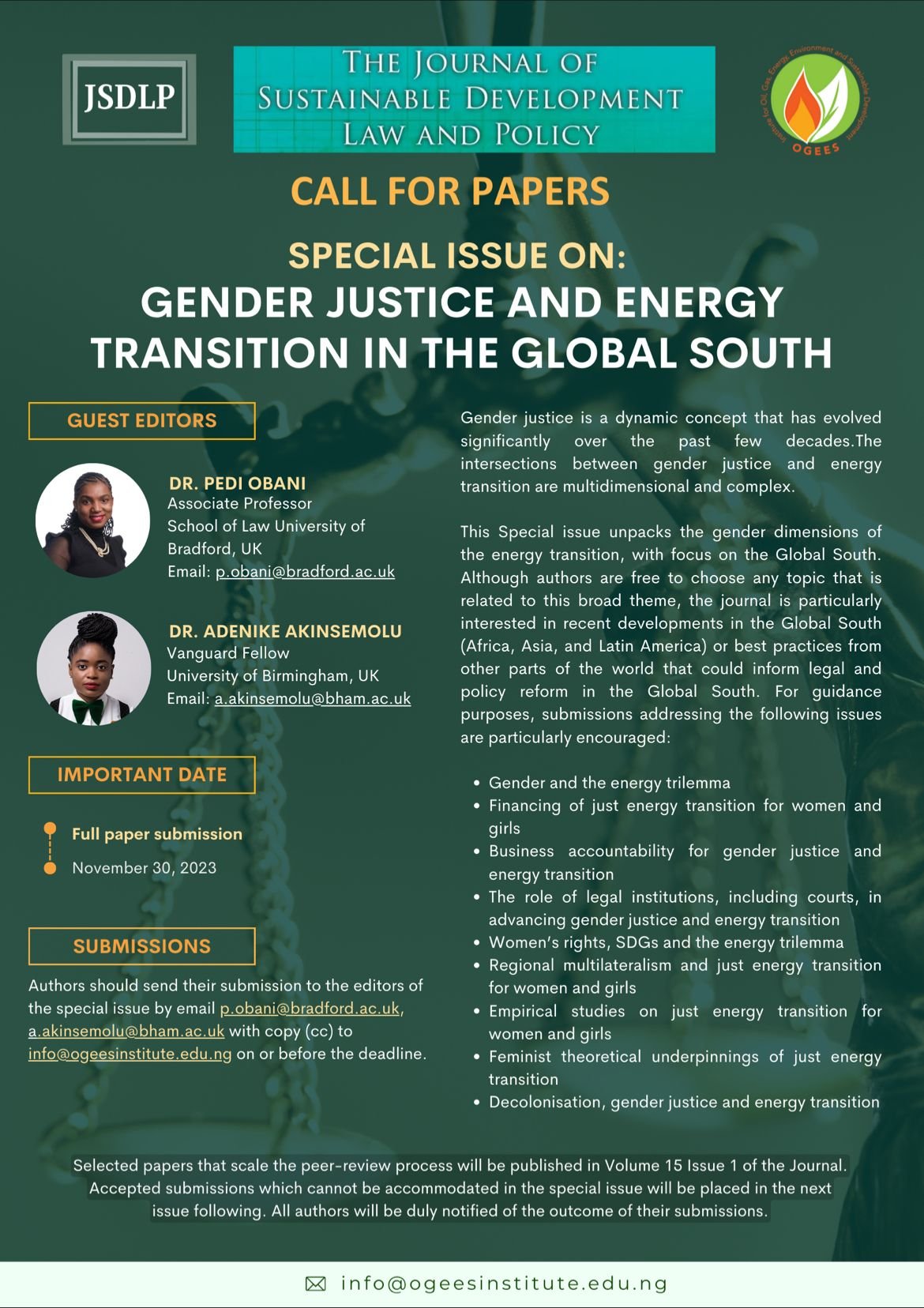As the global COVID-19 total topped 2 million cases today, the World Health Organization (WHO) pandemic response was buffeted by fresh attacks from US President Donald Trump, who announced yesterday that his administration would freeze its funding for the agency.
Meanwhile, steady activity in hot spots in the United States and Europe pushed the global total to 2,034,425 cases from 185 countries, along with 133,261 deaths, according to the Johns Hopkins online dashboard.
WHO to review impact of US funding withdrawal
At a White House briefing yesterday, Trump said the United States—the WHO's biggest funder—would withhold contributions to the WHO until it can review the group's role in managing the outbreak. Trump has accused the WHO of mismanaging the outbreak and siding with China, though the president in the past has praised China's response and has faced criticism for downplaying the threat in the initial months of the outbreak.
Trump's announcement drew widespread condemnation from several groups and individuals, many of whom defended the WHO but said reviews are needed after the pandemic to assess how groups including the WHO responded to the pandemic and what lessons can be learned.
For example, Wellcome Trust Director Jeremy Farrar, MD, PhD, said the WHO plays a critical role and needs more resources, not less, and that only global collaboration can end the pandemic. "We are facing the greatest challenge of our lifetime and the WHO is doing an extraordinary job ensuring that every country can tackle this virus."
On Twitter this morning, Microsoft cofounder Bill Gates, a philanthropist involved in funding global health efforts, said, "Halting funding for the World Health Organization during a world health crisis is as dangerous as it sounds. Their work is slowing the spread of COVID-19 and if that work is stopped no other organization can replace them."
Russia's Deputy Foreign Minister Sergei Ryabkov was quoted by Russia's TASS news agency as saying the US announcement was very alarming and selfish, Reuters reported.
WHO Director-General Tedros Adhanom Ghebreyesus, PhD, who mainly brushed aside earlier criticism from Trump, addressed the latest announcement head-on at a media briefing today. He said the United States has been a longstanding and generous friend to WHO, and the group hopes it will continue to be.
"We regret the decision of the President of the United States to order a halt in funding to the World Health Organization," he said, adding that with support from the US people and its government, the WHO works to improve the health of many of the world's poorest and most vulnerable populations, tackling not only COVID-19, but also threats such as measles, malaria, Ebola, HIV, polio, and many other diseases and chronic conditions.
Tedros said he is reviewing the impact on the US funding withdrawal on its work and will work with partners to fill any financial gaps to prevent interruptions in its work. He also pushed back on accusations that the WHO is biased toward China. "Our commitment to public health, science and to serving all the people of the world without fear or favor remains absolute," he said.
He also said that, after the pandemic, member states and independent groups will review the WHO's response to ensure transparency and accountability, a process that is built into its usual processes. "No doubt, areas for improvement will be identified and there will be lessons for all of us to learn," Tedros said. "But for now, our focus—my focus—is on stopping this virus and saving lives."
Russia's outbreak expands
Russia today reported its highest daily case total, adding 3,388 more illnesses for a total of 23,490, the Moscow Times reported. About 14,880 of the cases are in Moscow, but the virus has now been detected in all of the country's regions, except for Altai in Siberia.
Meanwhile, a surge of cases continued in Turkey, one of the few countries in Europe where leaders didn't order a lockdown. The country reported 4,281 new cases today, up from 4,062 yesterday, for a total of 69,392 cases, making it the sixth hardest hit European country.
In other European developments today, Germany has fleshed out a draft plan to extend its social distancing measures 2 more weeks until May 3, Reuters reported. The draft proposal agreed on between Chancellor Angela Merkel and state governors would include opening schools gradually, starting on May 4, and requiring schools to have hygiene plans in place. The ban on religious gatherings would remain, but some retailers will be allowed to reopen.
Brazil ministry shake-up, Korean voting safety measures
In other global COVID-19 developments:
A top Brazilian health official resigned today amid expectations that President Jair Bolsonaro would fire the health minister over disagreements over how to manage the country's escalating COVID-19 outbreak, Reuters reported. Brazil's president has repeatedly downplayed the epidemic, promoted unproven drugs, and criticized governors over their lockdown orders.
South Korea voters took part in a general election today at 14,000 polling places across the country, following strict precautions that included wearing masks, having temperatures checked, using hand sanitizer, wearing gloves, and observing social distancing, Reuters reported.
The Tour de France today announced that the event will be held Aug 29 to Sep 20, following an announcement from France's president yesterday that large events remain banned until the middle of July.










